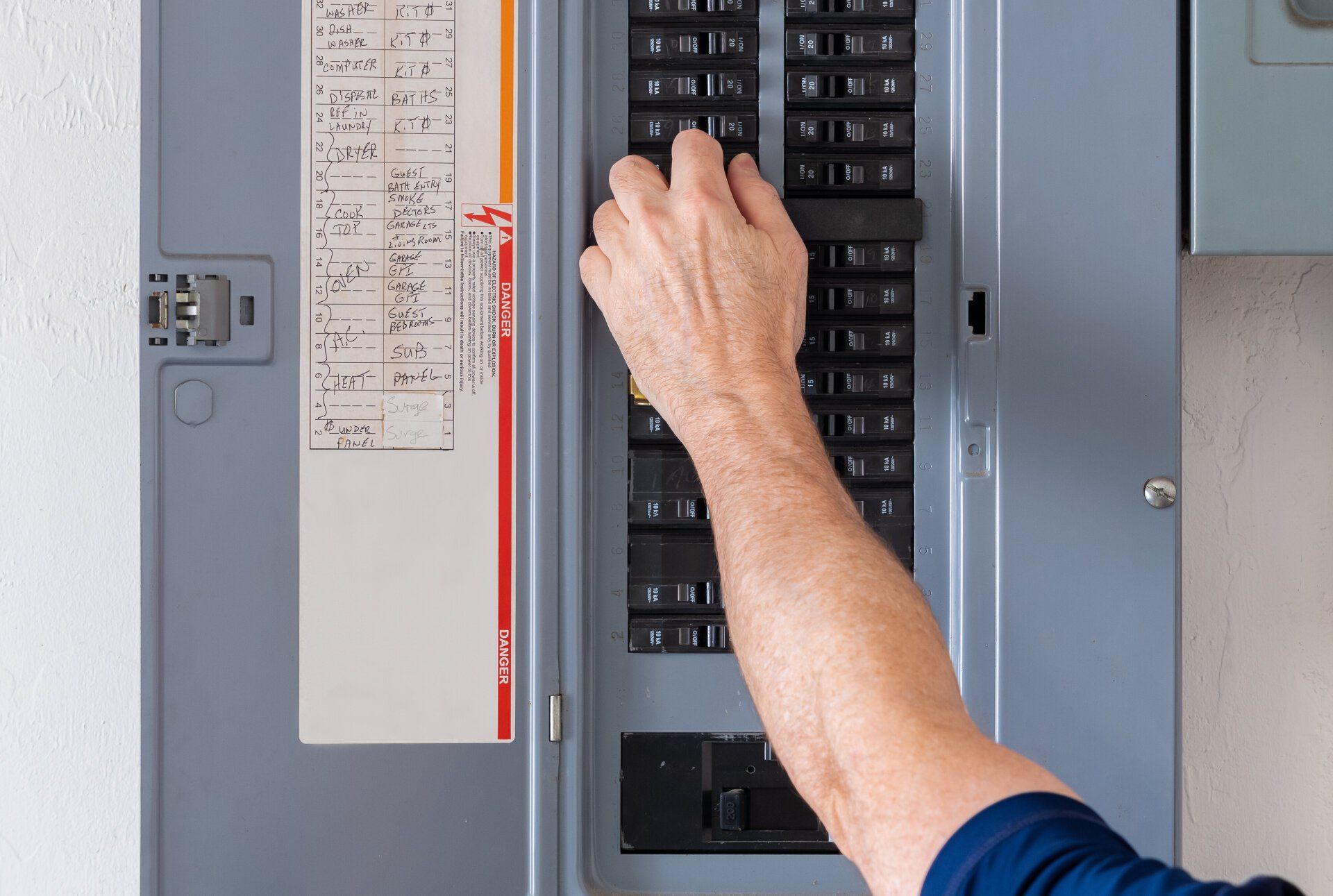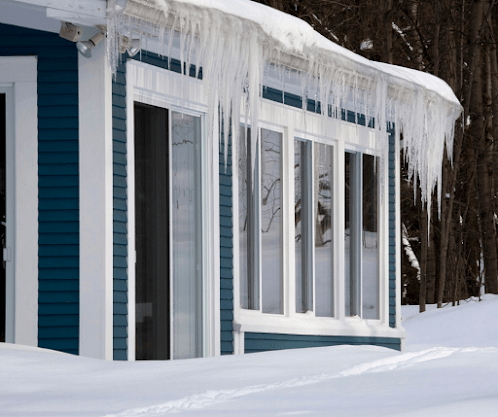4 Circuit-Interrupting Safety Devices for Homes

Electrical problems account for 36.3 percent of all house fires. Between the threat of fires and the threat of electric shock, homeowners need to know that their residences include the necessary safeguards to help minimize dangerous electrical malfunctions. Sometimes that protection involves cutting off the flow of electricity.
A variety of built-in or installed devices can stop an electrical fire or shock in its tracks by interrupting the circuit. The more you understand about these features, the more clearly you can determine what kinds of electrical modifications you might need to make. Take a look at four common types of circuit-interrupting safety devices.
1. Fuse Boxes
Fuse boxes served as the primary form of electrical protection in homes throughout the first half of the 20th century, with electricians phasing out 30-amp panels in favor of 60-amp panels during the 1950s. These panels feature replaceable glass or ceramic fuses that allow only safe amounts of current to pass through them.
When too much current hits a fuse's sensor wire, the fuse immediately self-destructs, melting down so that electricity can no longer move through that electrical line or any outlet connected to that line. The homeowner restores power to the affected line by removing and replacing the fuse.
Even though electricians regard fuse boxes as largely obsolete technology, they can still protect older homes against dangerous overloads. However, you must replace or upgrade a vintage home's 30-amp fuse panel, as this type of panel can't keep up with the demands of modern power-hungry appliances.
2. Circuit Breakers
Circuit breakers replaced fuse boxes as the large-scale circuit interrupters of choice decades ago. Like fuse boxes, circuit breakers interrupt the flow of current when an overload threatens. Unlike fuse boxes, these devices don't require you to replace burnt-out fuses. Instead, the switches in the circuit breaker simply disconnect.
Many homeowners appreciate the sheer convenience of flipping a switch to restore a broken circuit. However, if you find yourself constantly fiddling with your circuit breaker, all those broken circuits could mean that you need to either redistribute the devices attached to various circuits or install a more powerful panel.
3. Ground Fault Circuit Interrupters
A special kind of overload known as a ground fault typically occurs when exposure to water causes a major electrical surge. These surges can prove harmful or even fatal if you use a handheld electrical device close to a water source, such as running a hair dryer next to a tub or sink.
To prevent a possible tragedy, you should install ground fault circuit interrupters (GCFIs) in areas of the home where residents commonly work with water, such as the kitchen and bathrooms. These special devices protect individual outlets, tripping a breaker in an outlet that suddenly experiences a water-related power surge.
Your electrician can easily replace old, unprotected kitchen and bathroom outlets with GCFIs. You'll see a black button and a red button on each GFCI. The black button allows you to test the unit, which you should do periodically to ensure its correct operation. The red button allows you to reset the GFCI after it trips.
4. Arc Fault Circuit Interrupters
Arc faults represent another cause for homeowner concern. An arc fault when electrical arcing creates an open spark between a wire's contact points. Loose screws or damaged wiring inside a wall can set the stage for arc faults, which may then lead to house fires.
In recognition of this danger, the National Electrical Code now calls for the installation of arc fault circuit interrupters (AFCIs) to an everincreasing degree in residential and commercial structures. An AFCI trips whenever arcing occurs inside the wall, preventing both short circuits and ground fault errors.
If your home's electrical system could use additional protection against electrical overloads,
contact the electricians at Central Electric, Inc. Our experienced electricians can replace antiquated fuse boxes, modify your circuit breaker to handle more power, and install GFCIs or AFCIs as needed.
















